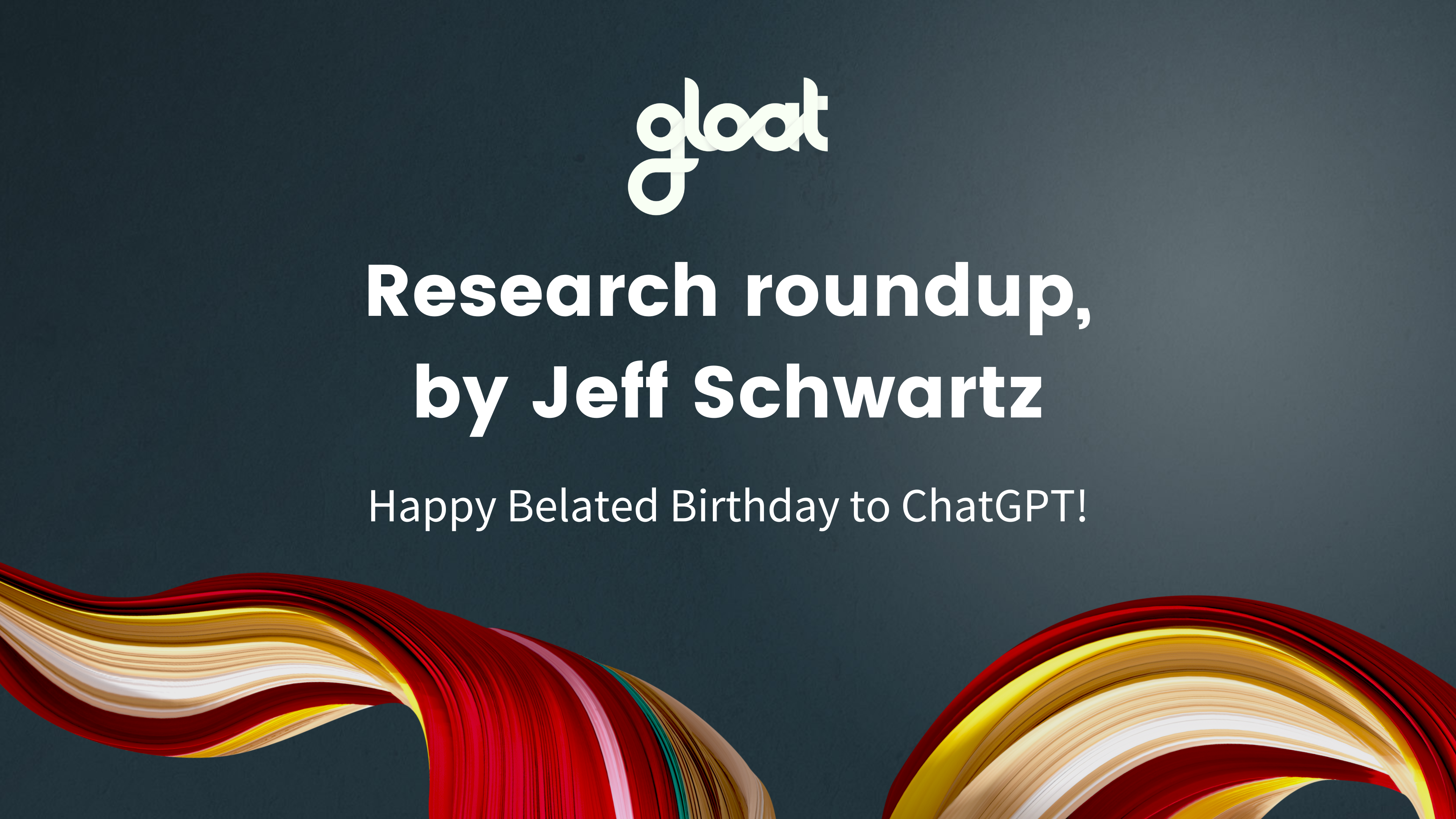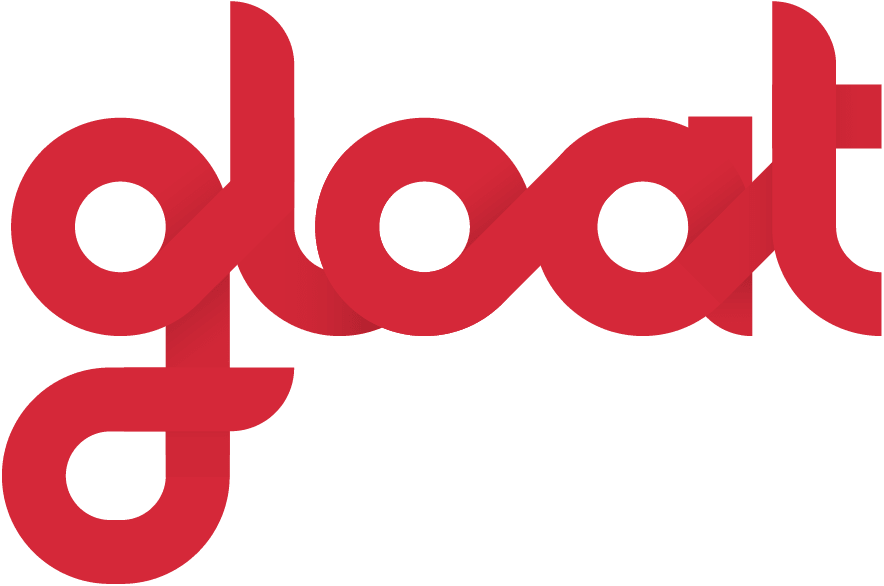December research roundup: Happy Belated Birthday to ChatGPT
Just a few weeks ago, we celebrated a very special birthday: November 30 is one year since OpenAI released ChatGPT. As most of us are well aware of, it didn’t take long for the generative AI chatbot to make its mark. In fact, within two months, ChatGPT was recognized as the fastest-growing consumer application in

Just a few weeks ago, we celebrated a very special birthday: November 30 is one year since OpenAI released ChatGPT. As most of us are well aware of, it didn’t take long for the generative AI chatbot to make its mark. In fact, within two months, ChatGPT was recognized as the fastest-growing consumer application in history and surpassed 100 million monthly active users.
Generative AI has only continued to gain traction in the months that followed. From the launch of tools to compete with ChatGPT to the palace intrigue between Sam Altman, OpenAI’s Chief Executive, and its board of directors, generative AI has dominated news headlines and boardroom discussions for a full twelve months now. So to recognize the rise of this game-changing technology, I think it’s time to reflect on our first year with generative AI and explore what these early days can tell us about future collaborations with these systems.
I’ve curated a selection of articles, podcasts, and research that examines how generative AI is changing the nature of jobs and shifting the skills we’ll need to succeed in them. I chose the word “curate” intentionally. Curation is a process that increasingly involves a unique human and machine collaboration. You can collect articles, podcasts, and videos on GenAI using search and advanced search leveraging AI. And, of course, I’m using these tools. But curation is a more deliberate action; and a uniquely human one. The root of curate is from the Middle English meaning a “member of the clergy,” and it’s from the Latin curatus, from cura, meaning “care or healing.” So it’s with deliberate care that I offer some suggestions on writings and podcasts that are shaping my thinking on AI, GenAI, and what’s next.
In addition to exploring what generative AI does well and how to collaborate with these tools effectively, some of the content in this research roundup looks at where tools like ChatGPT fall short so that leaders can accurately assess how to best take advantage of these systems. As ChatGPT enters its second year, I’m thinking about GenAI’s “terrible twos”. Now is the time to decide what direction we want to drive GenAI and human collaboration. It’s a choice, as many leading thinkers and doers remind us. It’s not only about what work will be replaced but how we will augment and redesign work for humans—as producers and consumers.
As you read these articles and listen to these podcasts, think about your goals and plans for 2024, and beyond. As I reflect on the impact of GenAI on jobs and work, I keep coming back to two themes that resonate in this research. 1. “You won’t lose your job to AI, you’re more likely to lose your job to someone working with AI.” (Erik Brynjolffson) 2. “Between now and 2030, we can expect that 65% of the skills needed to do our current jobs will change. In other words, it’s not about whether you change jobs, but you should expect that your job is changing on you.” (Aneesh Raman). In other words, get ready for reskilling and upskilling at speed and scale across your company and your ecosystem.
With that in mind, these are the pieces I’ve been reading, listening to, and thinking about to make sense of our first year with generative AI and prepare for future innovations on the horizon.
REFLECT This month I am taking a look back at an article I co-authored before the pandemic that discusses human-machine collaborations and the potential for superjobs and superteams
Superteams: Putting AI in the Group, Deloitte Global Human Capital Trends by Jeff Schwartz, David Mallon, Brad Denny, Yves Van Durme, Maren Hauptmann, Ramona Yan, and Shannon Poynton
In May 2020, almost a year before the COVID pandemic, I co-authored an article with colleagues on Deloitte’s Global Human Trends Research team on AI and teams. The piece explored the opportunity to look beyond AI as a substitution strategy, and considered AI and humans collaborating on superjobs (giving employees super powers, like spreadsheets for finance almost 50 years ago) and superteams (combining people and technology on teams for outcomes amplifying what each can do on their own). This is a useful starting point for thinking about GenAI and what’s next: what are the goals of combining AI and individual workers and teams? How do we make augmentation and meaning the goal and set our direction beyond substitution and automation. Thanks to my co-authors including Brad Denny, David Mallon, Maren Hauptman, Yves Van Durme, Ramona Yan, and Shannon Poynton).
READ What’s new in thought leadership about AI and the future of work
Why Artificial Intelligence Will Not Replace Music Teachers, Medium, by Mark Murtagh
While there’s a lot being written about all the tasks AI can take care of, Mark Murtagh draws our attention to roles where AI will be a poor substitute for humans, like teaching music. He points out that AI mainly “…recycles bits and pieces from the world and reassembles them,” meaning it can only “benchmark against the old. It can’t value the new.” Murtagh goes on to explain the importance of originality in musical performances and creative fields at large. Ultimately, he makes a clear case for why we’ll still need humans at the helm of our most creative ventures, from singing a song to painting a portrait to writing a novel.
What is Generative AI? Your Questions Answered, Fast Company, by Danica Lo
Even as we enter year two of mainstream generative AI usage, there’s still plenty of uncertainty that’s holding some people back from taking full advantage of these tools. To answer any lingering questions about these systems, Fast Company has created a comprehensive article that breaks down everything from the applications of generative AI to the potential drawbacks of using these tools.
How to harness the power of generative AI for better jobs? Experts share their views, World Economic Forum, by Isabelle Leiliaer
We all know that generative AI is impacting global labor markets—the real question is how. This piece from The World Economic Forum explains that AI is not just changing how we work, but also reshaping the nature of work itself. The article also includes eye-opening quotes from experts sharing their predictions about how generative AI will reshape the job market. One of my favorite quotes comes from Karin Kimbrough, Chief Economist at LinkedIn, who says, “Imagine a future of work where people and machines collaborate seamlessly, where productivity is boosted, and creativity is enhanced by artificial intelligence. This future is not a distant dream; it’s already happening. And it is reshaping the skills that are essential for success in the workplace.”
How generative AI can boost highly skilled workers’ productivity, MIT Sloan, by Meredith Somers
This article from MIT Sloan School of Management demonstrates why it’s so important to be strategic about your AI usage. A new study on the impact of generative AI on highly skilled workers finds that when artificial intelligence is used within the boundary of its capabilities, it can improve a worker’s performance by as much as 40% compared with workers who don’t use it. In contrast, when AI is used outside that boundary to complete a task, worker performance drops by an average of 19 percentage points.
Generative AI: A Year One Retrospective, Forbes, by Clint Boulton
To celebrate the anniversary of the launch of ChatGPT, this Forbes article reflects on the generative AI content published throughout 2023 and uses insights from these pieces to predict what the future of generative AI might look like. When it comes to aligning on a path forward, Clint Boulton recommends that AI is deployed strategically with centralized leadership, with the C-suite taking the lead on identifying how generative AI services can complement traditional AI tools that already provide business value.
LISTEN What I’ve been playing on repeat
You Need a Generative AI Strategy, Harvard Business Review
ChatGPT dominated news headlines in 2023. But it’s not just a hack to boost productivity; it’s something businesses are experimenting with to roll out new products and services—which means we’ll need new strategies to guide that work. To begin mapping out what generative AI usage guidelines should look like for businesses, Harvard Business Review’s Adi Ignatius speaks with Microsoft’s Head of Strategy Chris Young and Harvard Business School professor Andy Wu.
Understanding the knowledge graph of HR: Galileo AI Unviewed HR, JoshBersin.com, by Josh Bersin
Over the course of 2023, Josh Bersin, the world’s leading HR analyst, has guided us through his own exploration of AI: what it is, how it is a game changer for HR and business, and how it can be experimented with and deployed. In one of his last podcasts before the new year, Josh describes the knowledge graph of HR, in essence, what we know about HR, and how Gen AI tools—like his company’s, Galileo—make HR knowledge, benchmarks, best practices, case studies, and research accessible in new and more useful forms. It’s a great example of linking a corporate knowledge base with an LLM (large language model) and how that changes the game in terms of utility, access, and relevance. Take a listen to this podcast from Josh to learn more.
THINK What research and studies are saying about our path forward
New IBM study reveals how AI is changing work and what HR leaders should do about it, IBM, by Jill Goldstein
New research from IBM reveals some eye-opening findings about the rise of generative AI and how it’s reshaping jobs and skill needs. According to their research, 40% of the workforce will need to reskill as a result of implementing AI and automation over the next three years. While workers of all seniority levels will be impacted, it’s entry-level employees who are expected to experience the biggest shift. 77% of executive respondents say entry-level positions are already seeing the effects of generative AI and that it will intensify in the next few years.
The state of AI in 2023: Generative AI’s Breakout Year, McKinsey, by Michael Chui, Lareina Yee, Bryce Hall, Alex Singla, and Alexander Sukharevsky
McKinsey’s annual Global Survey reveals groundbreaking findings about the growth of generative AI tools. While AI was once a topic relegated to tech employees, it’s now an area of focus for company leaders, with nearly one in four C-suite executives noting they personally use generative AI tools for work. Although usage of generative AI is surging, McKinsey points out that we’re still in the early days of managing AI-related risks, with less than half of respondents saying their organizations are mitigating a key risk: inaccuracy.
MICROSOFT WORKLAB SERIES Highlights from Microsoft’s series on the future of work and AI
This is one of my go-to podcasts. I look forward to it every week. Here are a few of the episodes from recent months that have been eye-opening for me (it was tough to choose, this is an amazing podcast series.) Great guests. Great stories. Well presented.
Stanford Professor Erik Brynjolfsson on How AI Will Transform Productivity, Microsoft
The director of Stanford’s Institute for Human-Centered AI, researcher, and author, Erik Brynjolfsson, provides an engaging framing on where we are in the AI and Gen AI journey. Feeling fatigued from all of the disruptions we’ve encountered over the past few years? Brynjolfsson has good news: he believes that we might be approaching one of the most prosperous times in history thanks to recent breakthroughs in large language model AI. “They’re affecting almost every part of the economy,” he notes. “I think these tools can and hopefully will lead to more widely shared prosperity. If we play our cards right, the next decade could be some of the best 10 years ever in human history.” Spoiler alert: you won’t lose your job to AI, you’re more likely to lose your job to someone working with AI.
LinkedIn VP Aneesh Raman on Why Adaptability is the Skill of the Moment, Microsoft
In this far-reaching conversation leveraging research and insights from across LinkedIn, Aneesh Raman describes the challenges we face in our jobs, work, and careers by looking at how skills are changing. As Aneesh relays, “Between now and 2030, we can expect that 65% of the skills needed to do our current jobs will change. In other words, it’s not about whether you change jobs, but you can expect that your job is changing on you.” That leads to his discussion of adaptability and growth as critical to our personal and team success.
Microsoft Deputy CTO Sam Schillace on How AI Will Shift Our Productivity Paradigm, Microsoft
According to Sam Schillace, we’re on the cusp of a transition that has the potential to be as profound as the one at the dawn of the computer age. He believes that the ability to use conversational speech with AI is a key reason. In his words, “We think the computer is a tool for helping us, but a lot of what we do is we are really helping the computer do stuff. If you don’t think that’s true, tell me how often you spend time trying to fix the formatting, not understanding why it’s not working right.” Shillace predicts we’re moving into a more semantic realm where the computer can have the context and know what you’re doing so it can actually help.
Eric Horvitz on the Possibilities of Generative AI for Human Thriving, Microsoft
While many of us are worrying about the potential risks associated with implementing AI-based tools, Microsoft’s Chief Scientific Officer suggests we should think about how right now may be the “early glimmers of a time where we take our machines to a whole new level that influences society in a deeply positive way.” He also points out that our creativity and ability to synthesize new ideas from existing ones is what makes us human and that the machines we’re building now won’t take that away from us but instead help us process these ideas faster and in richer contexts. In his role as Microsoft’s Chief Scientific Officer, he shares insights from early explorations of GenAI with experts across many domains in an amazing collection: The AI Anthology. Ambitiously titled Reflections on AI and the Future of Human Flourishing, this is a collection of 20 leaders across sectors and disciplines and their thinking about where AI, humans, and society are headed.
DIGGING DEEPER Academic and research papers on these topics from the past year (a bit geekier, but interesting!)
GPTs are GPTs: An early look at the labor market impact potential of large language models, OpenAI, by Tyna Eloundou, Sam Manning, Pamela Mishkin, and Daniel Rock
From researchers at OpenAI and the University of Pennsylvania, this article earlier this year is a great foundation for understanding the labor and work impacts of GenAI. First, the researchers suggest that we think of GPT models (yes, that stands for Generative Pre-Trained Transformers) as GPTs (in economics the same letters are an abbreviation for a General Purpose Technology). These technologies, like the steam engine, electricity, and computing, have substantial and pervasive implications for work, economics, social, and public policy. Second, they make estimates on the potential impact of the introduction of GPTs. Their findings indicate that approximately 80% of the US workforce could have at least 10% of their tasks affected and 19% (almost 1 out of 5) may see at least 50% of their tasks impacted. Net/net. This is one of the foundational economic working papers on the impacts of GPTs.
Generative AI at Work, by Erik Brynjolfsson, Danielle Li, and Lindsey Raymond
An early and insightful economic analysis of how AI tools can change how workers perform and learn, this research explores the impact on their jobs and productivity based on the introduction of a GenAI conversational assistant to more than 5,000 customer support agents. The tool increased the average productivity by 14% with a 34% improvement for novice and low-skilled workers but with a minimal impact on experienced and highly skilled workers. It’s valuable to follow this research to understand the potential impacts of GenAI and where it can create the most value and disruption across the workforce.
Navigating the Jagged Technological Frontier: Field Experimental Evidence of the Effects of AI on Knowledge Worker Productivity and Quality, Harvard Business School, by F Dell’Auqua, E McFowland III, Ethan Mollick, H Lifshift-Assaf, K Kellogg, S Rajendran, L Krayer, F Candelon, and K Lakhani
Based on an academic study with the Boston Consulting Group, this piece examines the performance implications of AI on realistic, complex, knowledge-intensive tasks. The results, detailed in the research, are very interesting and the authors suggest that the capabilities of AI create a “jagged technological frontier” where some tasks are easily done by AI and others appear to be outside the current capability of AI. So part of the challenge of using these systems is understanding what tasks and work are within the AI frontier and what tasks are beyond it. For capabilities within the AI frontier, the results indicated that consultants using AI tools could accomplish 12.2% more tasks and accomplish those tasks 25.1% more quickly. Similar to the study referenced above from Brynjolfsson et al, consultants with below-average starting performance experienced the largest increases in performance with lower increases for above-average performers. It is important to follow this research when designing internal GenAI work transformation initiatives.
Let us know what you would add to our list.




